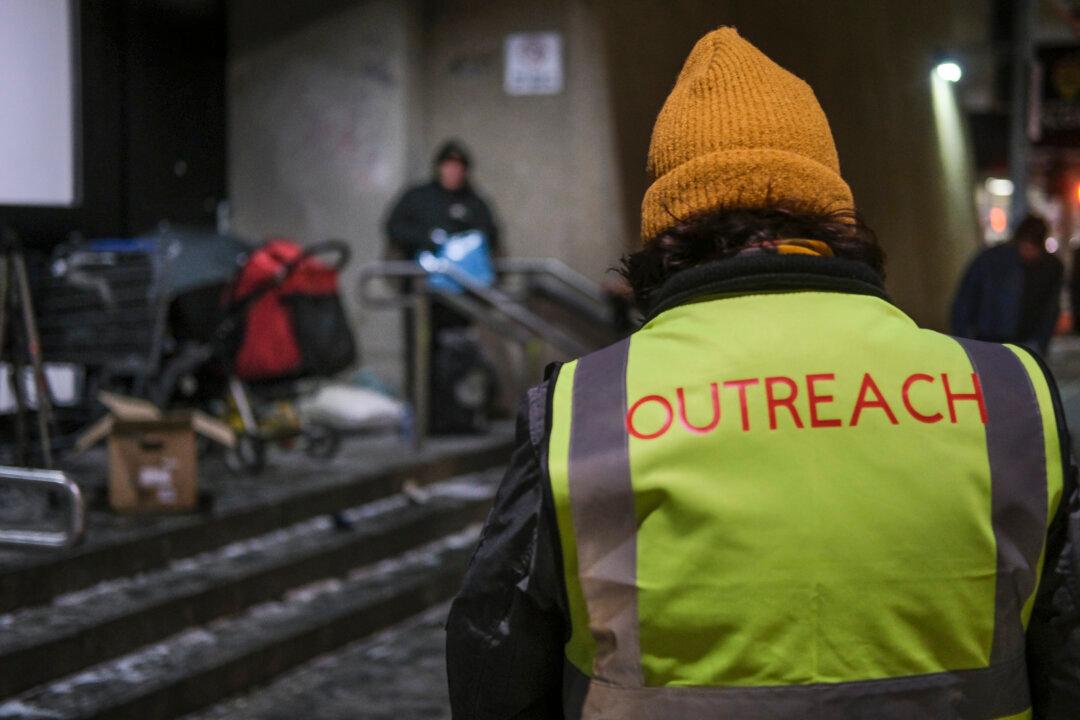The Canadian government supported 501 veterans and their families with over $1 million in funding in the 2022-23 fiscal year, exceeding the program’s annual budget—as it has every year since the Veteran’s Emergency Fund was launched in 2018, according to documents.
“Every year since the program started in 2018 the demand for the Veterans Emergency Fund has been more than the $1 million in annual funding,” said a memo dated Dec. 2, 2022, from Veterans Affairs Canada.





